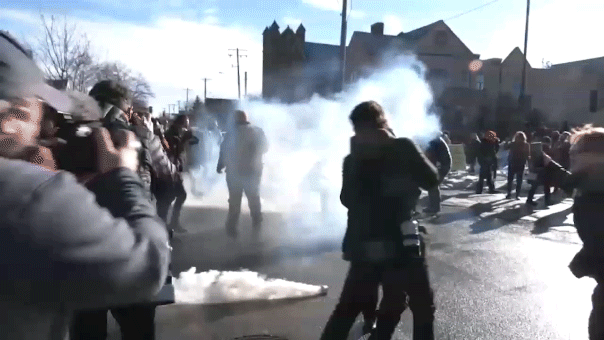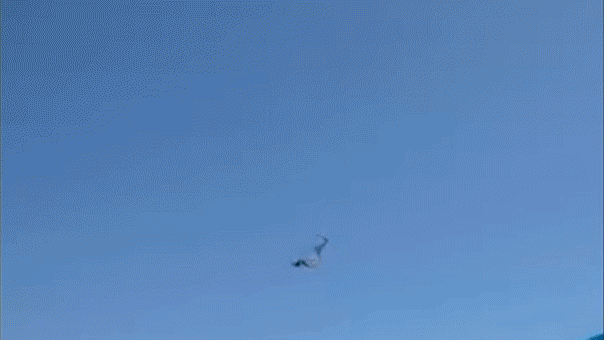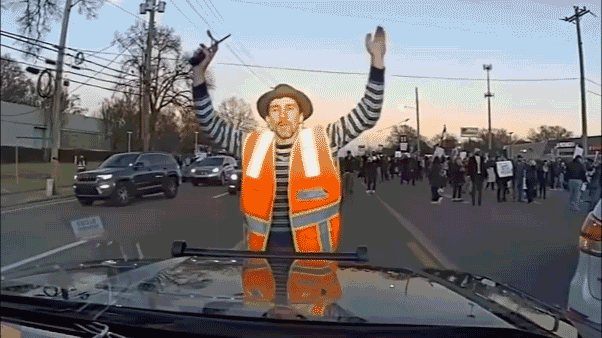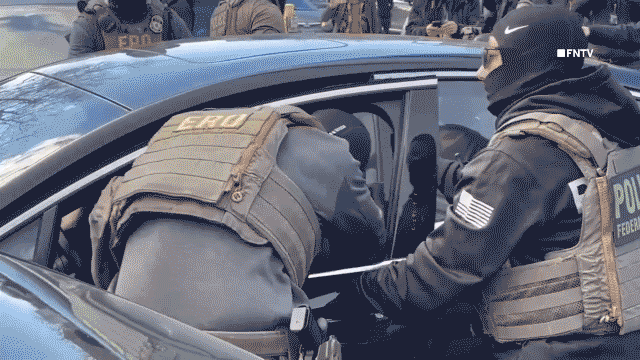A regional airline has relieved a flight crew involved in a landing at the wrong airport earlier this month in Louisiana, leading one lawmaker to demand answers.
Continental Connection Flight 3222, which originated from Houston, was bound for Lake Charles, La., with 23 passengers and three Colgan Air crew members aboard on Sept. 7. The aircraft, however, landed some eight miles away at Southland Field, a private airport to the west in Carlyss, La.
"Even though Colgan Flight 3222 from Houston to Lake Charles, La., landed safely at Southland Field, we are taking this incident very seriously," read a statement from Colgan spokeswoman Amy Howell. "Safety is a top priority for Colgan, and when the investigation is complete, we will file a report with the FAA and take any actions that are warranted."
Per standard procedure, the crew has been relieved of duty while an investigation is conducted, Howell's statement continued. At no time was passenger safety in question, she said.
While the exact cause of the incident remains under investigation, Howell said an air traffic controller in Houston had cleared the pilot for a visual approach after crewmembers advised that they had the field in sight.
The incident has prompted Rep. Kathleen Hochul, D-N.Y., to pen a letter to be sent to Colgan Air, parent company Pinnacle Airlines and Continental Airlines on the Memphis-based airline's "repeated flight safety failures," according to a spokesman for Hochul.
Among other questions, Hochul is seeking information on how Colgan has updated its safety standards since Continental Flight 3407 — operated by Colgan Air — crashed near Buffalo, N.Y., in February 2009, killing 50 people. A federal investigation later revealed that pilot error caused the fatal wreck.
The latest incident has "undoubtedly raised serious concerns" about the regional airline, according to a draft of the letter to be sent on Thursday.
Calls seeking comment from Continental Airlines were not immediately returned on Thursday.
Rory Kay, an aviation safety consultant and captain for a major international airline, told the Buffalo News that landing at the wrong airport has "got to be one of the most embarrassing things that can happen to a pilot."
Pilots who work for regional airlines like Colgan earned as little as $12.50 per hour in 2009, or less than the average hourly wage of a New York City taxi driver. In May 2009, just months after the crash near Buffalo, N.Y., hourly wages for regional pilots started at $12.50, according to Avjobs.com. In comparison, a cabbie in New York averaged $17 an hour, the city's Taxi & Limousine Commission officials told FOXNews.com.
Regional pilots, who carried 160 million American passengers across America in 2008, receive the same FAA-approved training as their counterparts at larger airlines, but must endure low pay and longer hours, among other hardships, if they hope to reach the "major leagues," according to Al Yurman, an aviation expert and former National Transportation Safety Board official.
Rebecca Shaw, who co-piloted Continental Flight 3407, earned an annual salary of just $16,200 at Colgan Air, according to 2009 testimony by Mary Finnigan, Colgan's vice president for administration.
NTSB officials also noted that Shaw once moonlighted in a coffee shop while working for the Virginia-based airline. Captains at Colgan — like Shaw's partner, Marvin Renslow — typically earned between $50,000 and $53,000 in 2009, according to the board.
"It's quite a bit different," Yurman said in 2009 when asked to compare regional pilots and their counterparts at major airlines. "They're landing and taking off, landing and taking off ... They may put in an eight-hour day the same way a major airline pilot has, but the regional pilot may perform up to eight takeoffs and landings per day, the most stressful parts of the flight."
Meanwhile, federal aviation regulators are proposing to fine Colgan Air $1.9 million for allegedly allowing flight attendants to work a total of 172 flights after being warned that the attendants weren't trained to use the planes' fire extinguisher system.
FAA officials said Thursday that Colgan Air allowed 84 newly hired flight attendants to work flights on the Bombardier Dash 8-Q400, a twin turbo-prop plane, for a week in November 2009 after being told by FAA inspectors that the flight attendants hadn't completed the required training.
The Associated Press contributed to this report.







































